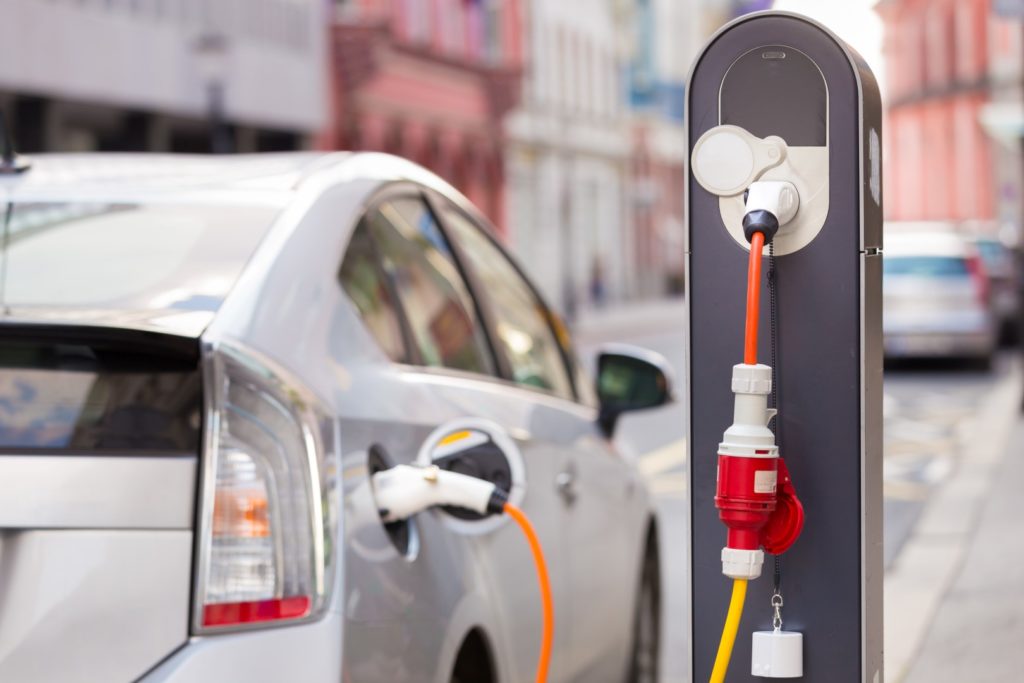We live in times of accelerated change at all levels of our society and constant adaptation is necessary to withstand the various challenges.
Climate change is one of these challenges and its effects, sometimes dramatic, are already evident in many countries.
To face this challenge, the European Union presented, as a main measure, the ban on sales of combustion vehicles in 2035, in order to accelerate decarbonization. This ban makes it possible to massify the use of electric vehicles and thus reduce CO2 emissions.
The transition to clean energy in the automotive sector places Portugal in a good position to exploit its lithium reserves, as it occupies the 6th or 7th position in the world ranking as the largest lithium producer.
Could our lithium reserves have a significant impact on the country's economic development or on the evolution of our ability to develop technology?
Electric cars have adopted lithium batteries, with changes (cylindrical shape) compared to electronic devices to increase the amount of charge and improve performance.
The substantial cost of electric cars is mainly due to the price of their battery. Several manufacturers plan to produce electric cars at moderate costs, but the shortage of raw materials may make this idea unrealizable.
The massification of electric cars and the fact that lithium is a limited resource should make recycling necessary, which can make the manufacturing process sustainable. However, there is still no market for lithium recycling.
Currently, charging time for these batteries, even at fast charging stations, takes many minutes and with long lines of cars, takes several hours. It is also unfeasible to have charging points in all houses, buildings and apartments, as it would require logistics with high associated costs.
The application of lithium batteries in electric cars is a huge advance, but it seems to be transitory and not definitive, namely it can be a crossing point for green hydrogen, another way of storing energy, with greater storage capacity and more ecological, a since the end product is water instead of CO2. However, the transition from combustion to electric cars is definitive and inevitable.
Author Tiago Candeias is director of the degree in Computer Engineering at ISMAT




















Comments